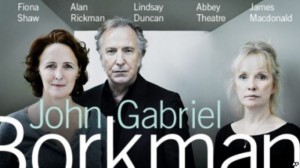Can a whole generation suffer collectively from self-loathing? A British politician believes that it can — and that it is.
We hear a lot these days — and scientific research confirms it — about young Americans being raised by their hypervigilant, always-hovering “helicopter” parents to become insufferable narcissists who feel entitled to the best of everything regardless of whether or not they’ve done anything to earn or deserve it. This is what happens when every player in a tournament receives a trophy just for being there, and when grade inflation results in automatic As.
But Ian Lavery, a member of parliament representing the town of Wansbeck in Northumberland, said during a debate last week in the House of Commons that 23% of the region’s 18-to-24 year-olds are unemployed, and that this dismal state of affairs is affecting their self-esteem. Lavery and others have begun calling northeastern British youth “the Lost Generation.”
“This is an extremely important issue and it has not really been touched on,” he said during the debate. “A survey by the Prince’s Trust only last year found that 40% of jobless young people suffer from some form of mental illness.
“They suffer from suicidal thoughts, feelings of self-loathing and panic attacks. … I have great concerns about the Northeast.”
How does high unemployment — especially among the young, which is chronically high in this country as well — affect self-esteem? Has losing a job, or being unable to find one, ever affected your self-image? How?


